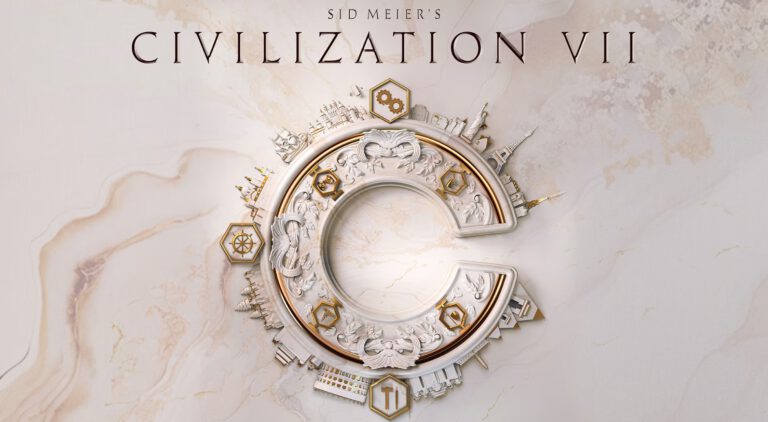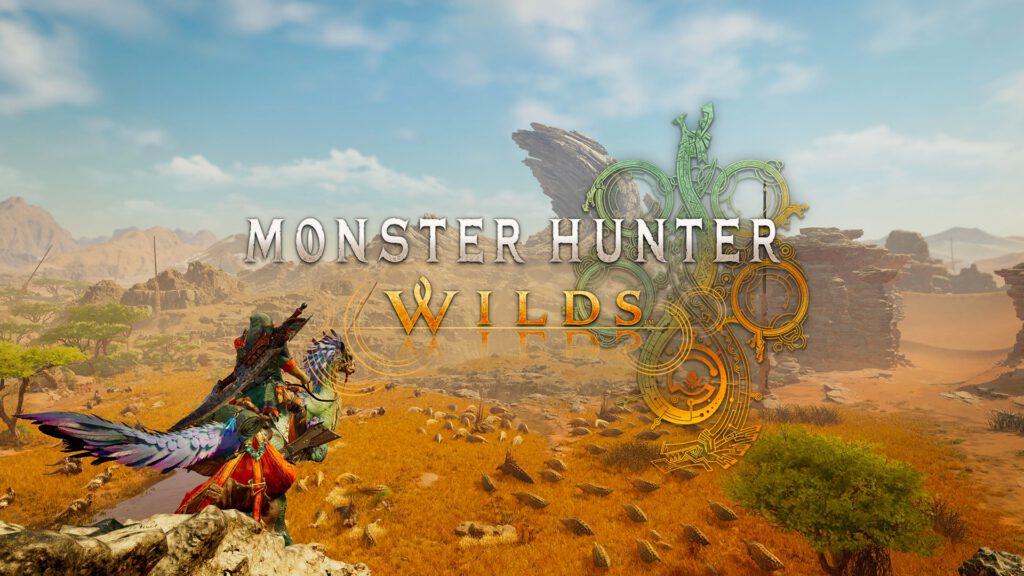Sid Meier’s Civilization VII: A New Era for Strategy?
Sid Meier’s Civilization series has long allowed players to rewrite history, leading their chosen cultures through the ages. With Civilization VII, Firaxis aims to push the boundaries of this beloved strategy series even further. By introducing new mechanics and features, the game offers players more freedom to shape the future in unexpected ways.
A Unique Blend of History and Strategy
At the heart of Civilization VII is its commitment to historical immersion, but with a twist. According to Executive Producer Dennis Shirk, the game uses real cultures and leaders as a foundation, but allows players to mix and match them in ways that defy historical accuracy. For example, you could combine ancient Roman architecture with the city of London, creating a fascinating blend of cultures.
One of the standout features is the ability to choose your civilization and leader separately. This means your leader doesn’t have to be a political figure. Instead, you can select iconic figures from other fields, such as Benjamin Franklin or Confucius. While choosing historically accurate combinations offers minor bonuses, the game encourages experimentation.
The New Age System
Another key change in Civilization VII is the introduction of three distinct eras: Antiquity, Exploration, and Modern. Each era brings its own set of mechanics, resources, and objectives, reshaping the gameplay experience. To progress to the next era, players must complete specific tasks. However, even quests that seem irrelevant in the current era may become essential as you advance.
Interestingly, if you make poor decisions and face collapse, it doesn’t mean the end of your civilization. Shirk hinted at the possibility of taking “darker paths,” though the exact meaning remains mysterious.
Changing Civilizations
One of the most exciting aspects of Civilization VII is the ability to change civilizations as you progress through the ages. For instance, during the demo, a player started with the Egyptian leader Hatshepsut. As they focused on mounted units, they unlocked the option to shift to Mongolian culture during the Exploration Age. This dynamic approach offers players unprecedented flexibility in shaping their civilization.
The Challenge of War in Civilization VII
As in previous Civilization games, war remains a central aspect of the experience. In the final era, players must choose between various victory conditions: scientific, economic, cultural, or military. Even if war isn’t your focus, you’ll still need to defend yourself from hostile forces. Firaxis has replaced the traditional barbarian units with “independent forces,” which pose a significant threat. Engaging them too aggressively may lead to the destruction of your capital in the early game.
For military enthusiasts, the new commander unit offers intriguing possibilities. This unit can lead up to six others, making it highly versatile in combat. However, only the commander gains experience points, adding a layer of strategy to battles.
Conclusion: Civilization VII Takes Bold Steps
With Civilization VII, Firaxis isn’t just recycling old ideas. The new age system and the separation of civilizations from their leaders represent a bold departure from tradition. These changes may initially challenge long-time fans, but they offer exciting new opportunities for storytelling and strategy.
Whether the new features will revolutionize the series remains to be seen. The full experience will be available in February 2025, across all major platforms, including PC, PlayStation, Xbox, and Nintendo Switch.






